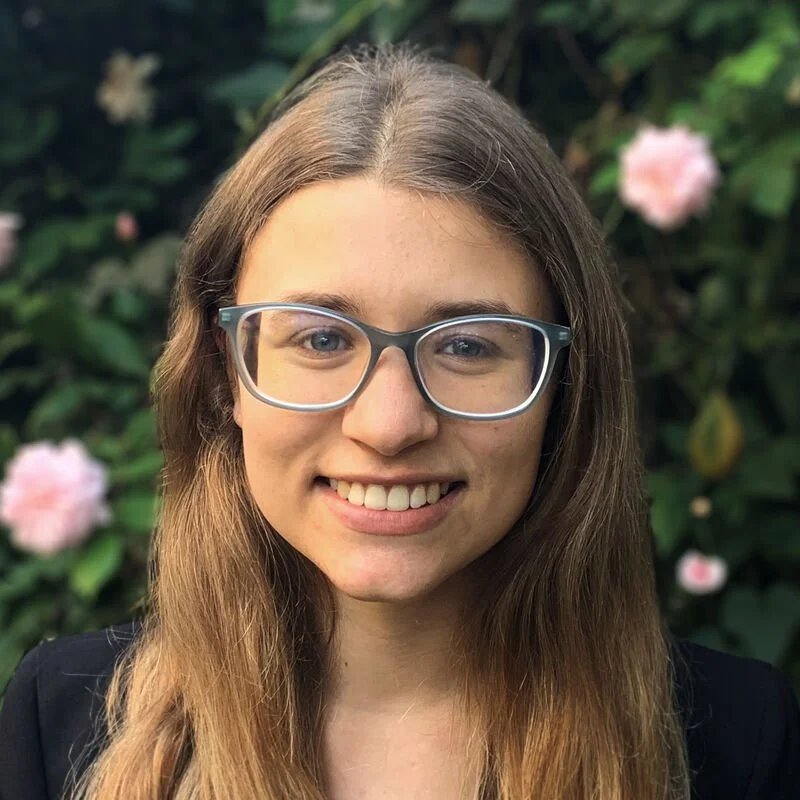How do different electricity technologies impact the way that we use energy — and how should technological roll-outs be targeted in order to achieve efficiency gains to both customers and utilities? Abdoulaye Cissé, a Ph.D. candidate in Agricultural and Resource Economics, has spent his time as a Fellow through O-Lab and Haas Energy Institute’s Initiative on Equity in Energy and Environmental Economics asking these questions.
Cissé’s research aims to better understand the energy and electricity value chain in Senegal, where he was born. Cissé grew up hearing conversations about electricity, and his project was heavily inspired by energy issues his family and community faced at home. "There’s a lot of discussion around electricity that I wound up hearing, a lot of issues I grew up experiencing. If you look at the last two changes of power in Senegal, many would argue that, at least partially, they had to do with electricity shortages being quite significant,” he said.
After reading a news article in 2020 citing transparency issues around electricity rates and payment structures, Cissé approached Senegal’s state electricity utility, Société Nationale d’Electricité du Senegal — or SENELEC — in the midst of a new technology rollout. With the provision of smart and prepaid meters, customers would now be able to see their real-time energy consumption and price, with the goal of encouraging cost-saving and energy conservation. Meters also report back to the utility company, enabling informed distribution decisions and limiting losses. Cissé is investigating how the roll-out might impact consumers differently. He proposed a research project to examine the project’s welfare implications in detail; SENELEC was responsive and agreed to support his research. For SENELEC, an analysis of the impact of new technologies on electricity use is crucial to the reduction of “technical losses” (for example, electricity lost through transmission, distribution, and measurement systems), as well as non-technical losses (such as unpaid bills) at points of consumption.
To study the impacts of the new metering technologies, Cissé is examining billing and payment records, provided by the state energy utility, to understand how much consumers pay for electricity and whether bills are paid on time. Payment data is then cross-referenced with electricity consumption data, building a consumption and purchase history for 1.7 million customers over ten years. Each piece of billing data is associated with an address, allowing Cissé to cross-reference consumer data with regional and local satellite data estimating different economic variables. Altogether, these data allow Cissé to analyze a variety of predictors for Senegalese electricity consumption and payment, isolating the impact of new technologies on energy use. In particular, the data will help Cissé learn whether - and how - consumer decisions may be changing as a result of the new technologies.
Cissé’s project provides crucial insights on the general economic impact of electrification as well as potential distributional consequences of the rollout of the technology, and the analysis of SENELEC’s data alongside satellite data will allow him to see how the economic gains from electrification may accrue differently across regions and income groups. This is especially important in Senegal, where Independent Power Producers (IPPs) – private companies that generate electricity for sale to SENELEC – are often located in rural areas, yet produce power for urban centers. The costs of power generation in these rural areas can be substantial, and include land clearance, noise pollution, emissions from non-renewable power generation, and spillover effects of power plants on local ecosystems. These impacts burden rural populations, while the benefits of electricity generated accrue more to urban residential and commercial clients. Accordingly, the design of power generation to increase electricity access has distributional impacts that warrant further analysis.
Ella Tyler, Undergraduate Research Apprentice
Analyzing ten years of electricity bills and purchases, across an entire country, is no small feat, and Abdou has benefitted in his work from the support of undergraduate research assistants he is mentoring through the Initiative on Equity in Energy and Environmental Economics. As part of this initiative, Abdou has mentored 4 students, providing research training experience and guidance on careers in environmental policy and research. Ella Tyler, for example, worked with Abdou through the 2021 - 2022 academic year; she brought a strong data science background to the project and used her Python skills to help Abdou with data analysis. At the same time, he offered her training in research methods and helped her set up a job as a Research Assistant in Sierra Leone.
As he enters his fourth year in the Ph.D. program, Cissé is nearing the final stages of his data collection work: combining geocoordinate data from SENELEC with remote sensing data and identifying the economic metrics that make the most sense to consider in his analysis. With funding from O-Lab and the Energy Institute, Cissé also hopes to collect primary data on a subset of households next spring, in order to get to know clients beyond their consumption data and consider more predictors of behavior around electricity consumption and payment.
Cissé is regularly in touch with SENELEC, and hopes to return to the utility with policy recommendations related to the impact of meters on energy demand, how to target roll-outs to different types of customers, and the impact of the meters on the economic conditions of residential and commercial customers. He is optimistic about the potential for his research to inform policy on how to best strategize these investments.




